The State Bar of California has launched a new privacy law certification program to address the growing need for legal experts in data protection and privacy. This move builds on California's leadership in digital rights, particularly following the CCPA, and sets a precedent for legal education nationwide.
California Bar Introduces Privacy Law Specialization to Meet Digital Era Demands
🔍 A Groundbreaking Step in Legal Practice
In a historic move that marks a turning point for the legal industry, the State Bar of California has officially introduced a Privacy Law Specialization as of June 22, 2025. This is the first new legal specialization approved by the California Bar in over 15 years, and it comes at a time when data privacy, cybersecurity, and technology compliance are among the most critical issues facing businesses, governments, and individuals. This certification program will recognize attorneys who demonstrate advanced expertise in privacy-related legal matters—something that is becoming essential in today's rapidly evolving digital landscape.
🌐 Why Privacy Law, and Why Now?
The launch of the Privacy Law Specialization reflects the legal profession’s response to explosive growth in digital data, rising public awareness of data rights, and the global trend toward stronger privacy regulations. Following the implementation of the California Consumer Privacy Act (CCPA) and the California Privacy Rights Act (CPRA), the legal landscape in California has shifted dramatically, pushing privacy law to the forefront of corporate and regulatory strategy.
Attorneys are now expected not only to understand legal frameworks but also to grasp the technical underpinnings of data storage, user consent, AI usage, automated data processing, and cross-border data transfer. The new certification ensures lawyers are properly equipped to handle this intersection between law and modern technology.
📘 What the Certification Entails
To become a certified Privacy Law Specialist in California, attorneys must meet stringent requirements designed to validate both legal knowledge and practical experience. This includes a minimum of five years in active legal practice, with a minimum of 25% of their work dedicated to privacy matters. Applicants must also demonstrate at least 45 hours of advanced education in privacy law and pass a comprehensive written exam.
The tasks covered in certification include drafting privacy policies, advising clients on compliance, managing data breaches, negotiating data-related contracts, handling AI-related legal concerns, and defending clients in privacy enforcement actions. The State Bar has made it clear that this is not a theoretical exercise—it is a rigorous validation of practical, real-world expertise.
💼 Industry Reaction and Legal Impact
The legal industry has widely welcomed this move. Attorneys working in technology law, corporate compliance, cybersecurity, and regulatory enforcement see the new specialization as long overdue. Given the increasing complexity of privacy regulations not only in California but also globally, there is now a recognized need for legal professionals who can speak the language of both law and tech.
Law firms are expected to prioritize this certification for hiring, training, and branding. Clients—especially tech companies, financial institutions, and health organizations—want assurances that their legal advisors can protect their data assets and navigate the legal maze of state, federal, and international privacy laws.
This specialization also creates new professional opportunities for solo practitioners and small-firm attorneys, enabling them to build a niche in one of the fastest-growing areas of law.
🔐 Bridging the Tech-Legal Gap
A major challenge facing today’s lawyers is the need to understand how technology works—not just the laws that govern it. Privacy law specialists will now be expected to go beyond traditional legal advice. They’ll need to understand how algorithms collect personal data, how tracking technologies work, how data is stored or encrypted, and how to interpret technical audits or impact assessments.
This is a big reason why the specialization includes detailed testing in technical areas, ensuring that certified lawyers are not only fluent in statutes but also conversant with how businesses actually operate in the digital space.
🛡️ Supporting a Safer Digital Future
With increasing risks of data breaches, identity theft, unauthorized surveillance, and AI misuse, the legal system must evolve. The new Privacy Law Specialization is California's response to this demand. It provides the public with a clear marker of trust and qualification when seeking legal help in the privacy realm.
It also helps law enforcement, compliance officers, corporate boards, and HR departments identify reliable legal advisors in a market flooded with generalists. By setting high standards, the State Bar ensures that Privacy Law Specialists represent the best of the legal profession—professionals who are not just knowledgeable, but also capable of navigating a rapidly changing legal and technological environment.
📝 How to Prepare and Apply
For attorneys looking to apply, the process is both thorough and fair. The first two years of the program will allow experienced attorneys to apply via an alternative pathway without the exam, relying instead on experience, references, and coursework. After that, the full certification path will require passing the written exam.
Applicants are encouraged to start documenting their privacy law experience now. They should also seek out mentorship from experts in the field, pursue specialized continuing legal education (CLE) courses, and engage in privacy-focused work to meet the 25% work requirement.
For younger lawyers and law students, this specialization offers a clear path to a rewarding, high-demand career. Those aiming to specialize should begin building their credentials early, including internships, research, CLE attendance, and certification from reputable privacy organizations.
📊 A Sign of the Times
This new certification underscores the growing belief that privacy is not just a technical issue—it's a human right, a business necessity, and a legal battlefield. As AI grows smarter, data becomes more valuable, and global privacy frameworks tighten, certified specialists will become gatekeepers of digital accountability.
California is again leading the way, setting a benchmark that other states—and countries—are likely to follow. The move is expected to inspire other Bar associations to introduce similar specializations in technology law, AI governance, and cybersecurity in the coming years.
🎯 Final Thoughts
The creation of the Privacy Law Specialization by the California Bar is not just an internal credentialing update—it is a cultural shift in the legal profession. It acknowledges that the digital world has fundamentally changed the practice of law and that clients now demand lawyers who understand data, systems, algorithms, and tech risk as well as they understand contracts and statutes.
For legal professionals, this is a call to action. For clients, it’s a welcome sign of professional accountability. And for the public, it’s a new layer of protection in an age where data is both powerful and vulnerable.
As we move forward into a future shaped by AI, data tracking, and smart everything, having trusted, trained legal experts in privacy law will no longer be a luxury—it will be a necessity.
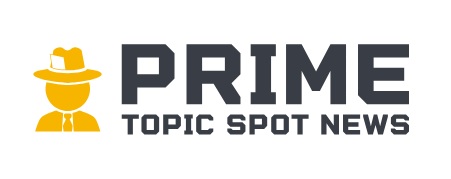


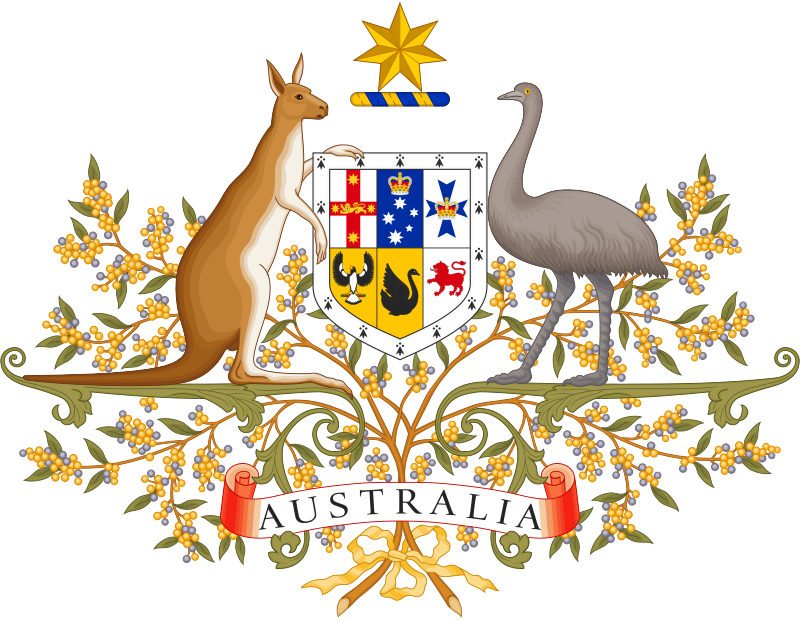

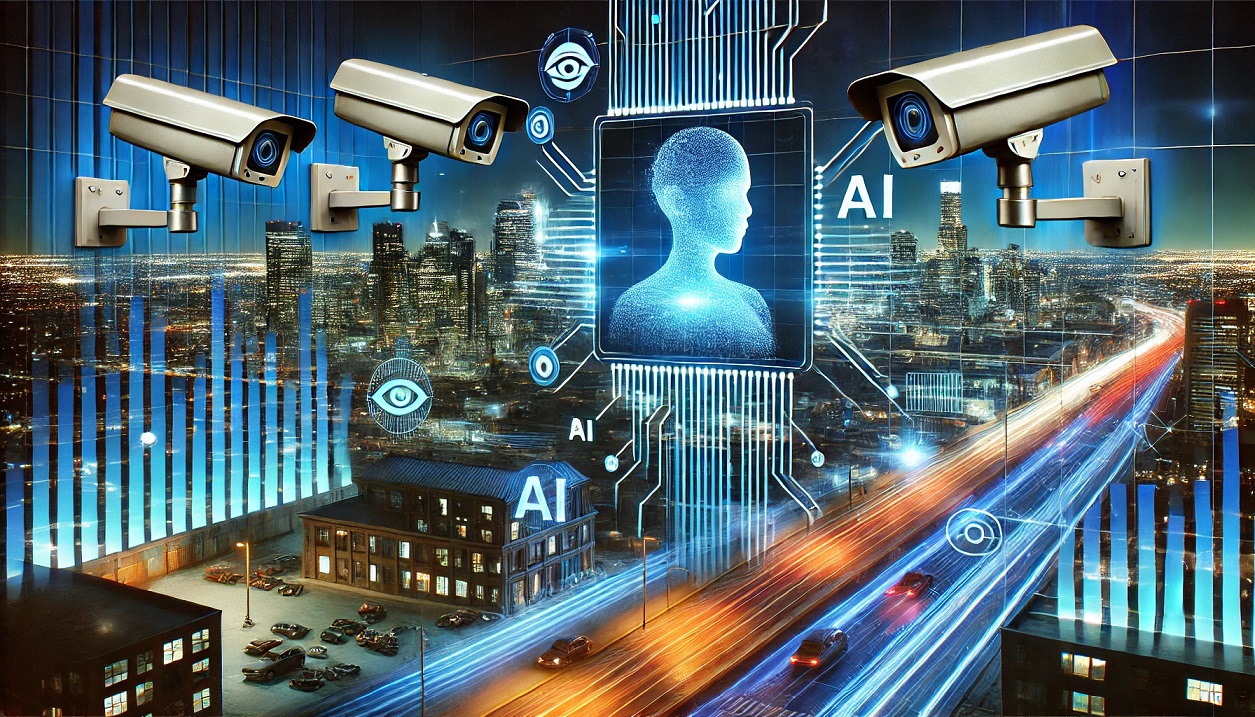
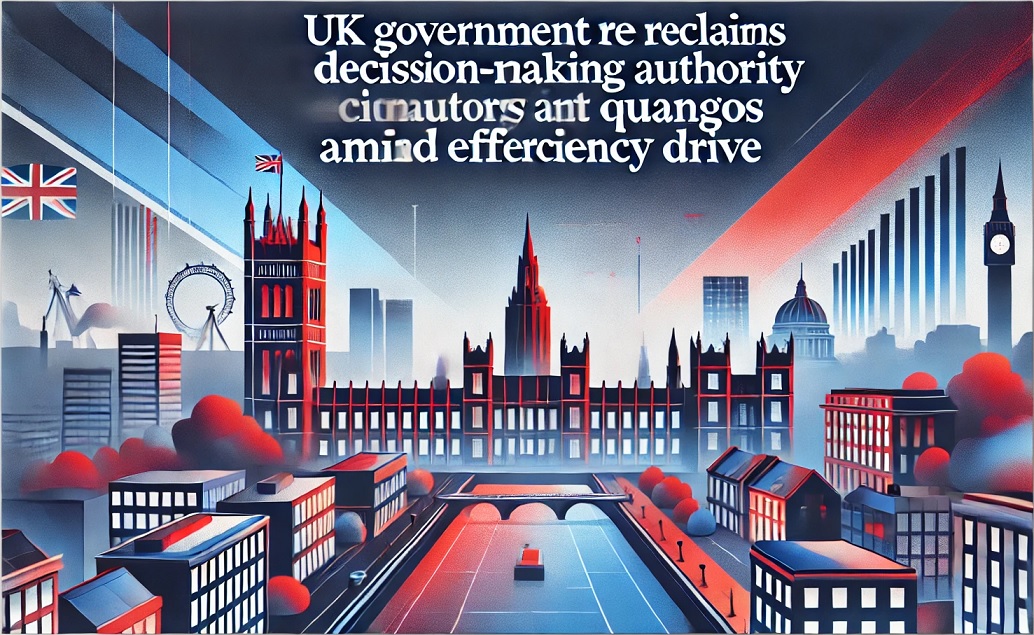


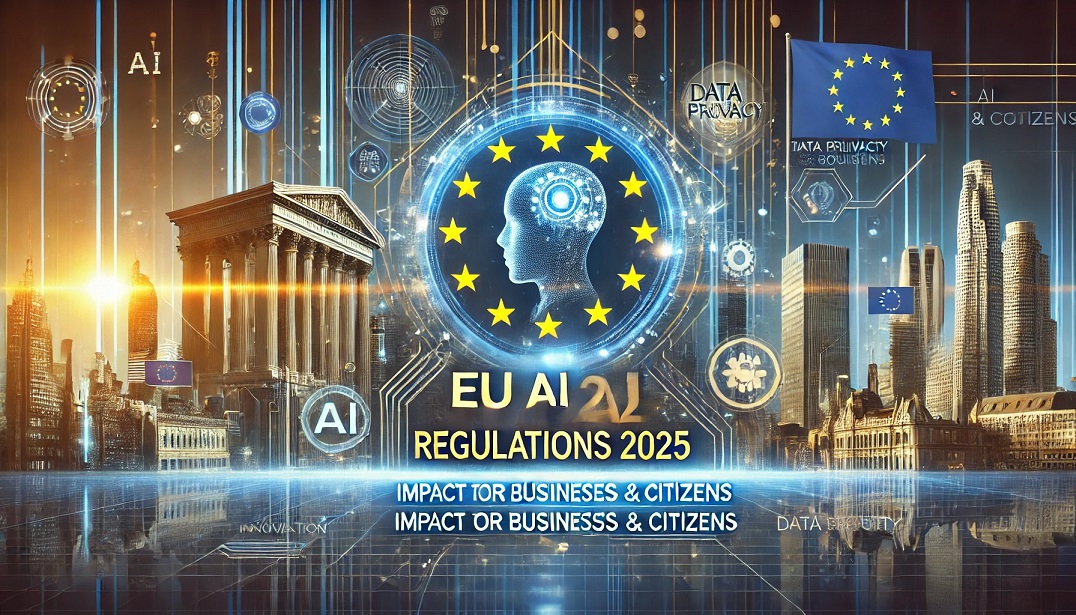







Comments 0